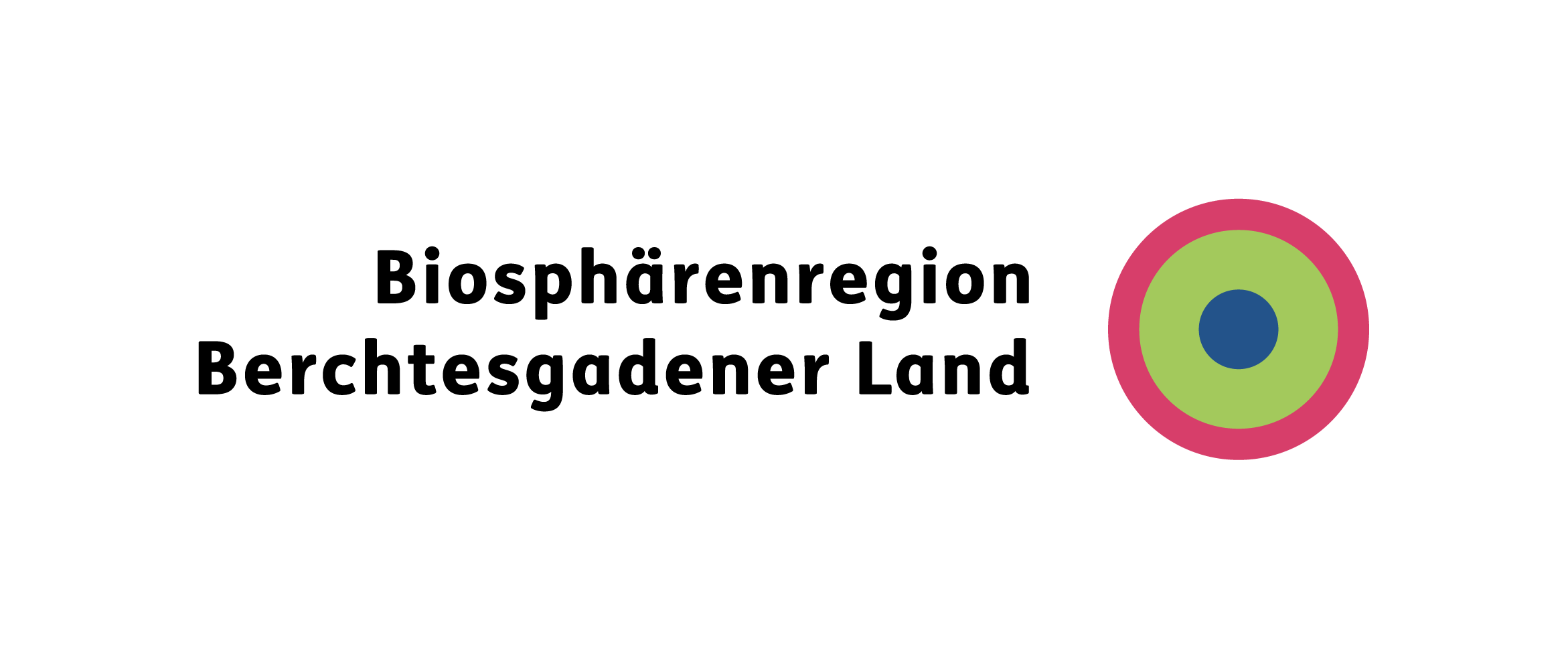Case Study
Green Care – Nature and mental health
Contact name
Meike Krebs-Fehrmann
Institution name
UNESCO Biosphere Region Berchtesgadener Land
Region & country
Germany, Upper Bavaria, County Berchtesgadener Land
Summary
In our research project, we are scientifically investigating how specific mindfulness exercises can be used in nature to reduce stress and, furthermore, whether these exercises have an improvement for patients with depression. In addition to the health aspects, we are also interested to understand whether these exercises increase the willingness to act in a way that protects nature conservation.
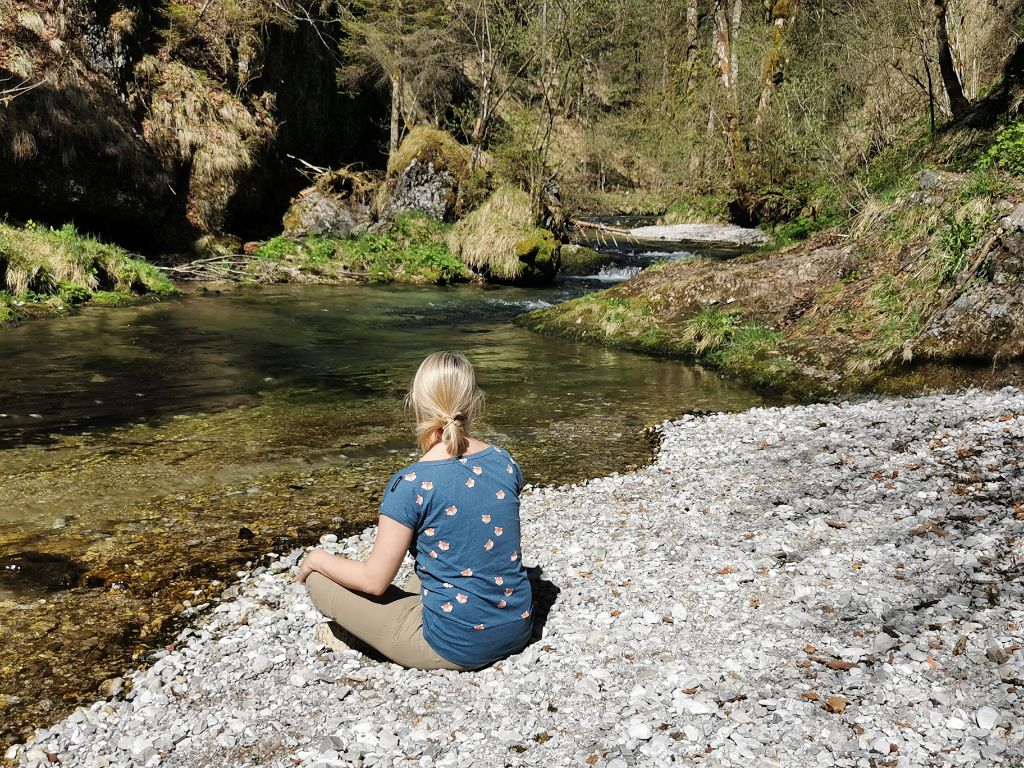
Weisbach
© Daniel Krebs
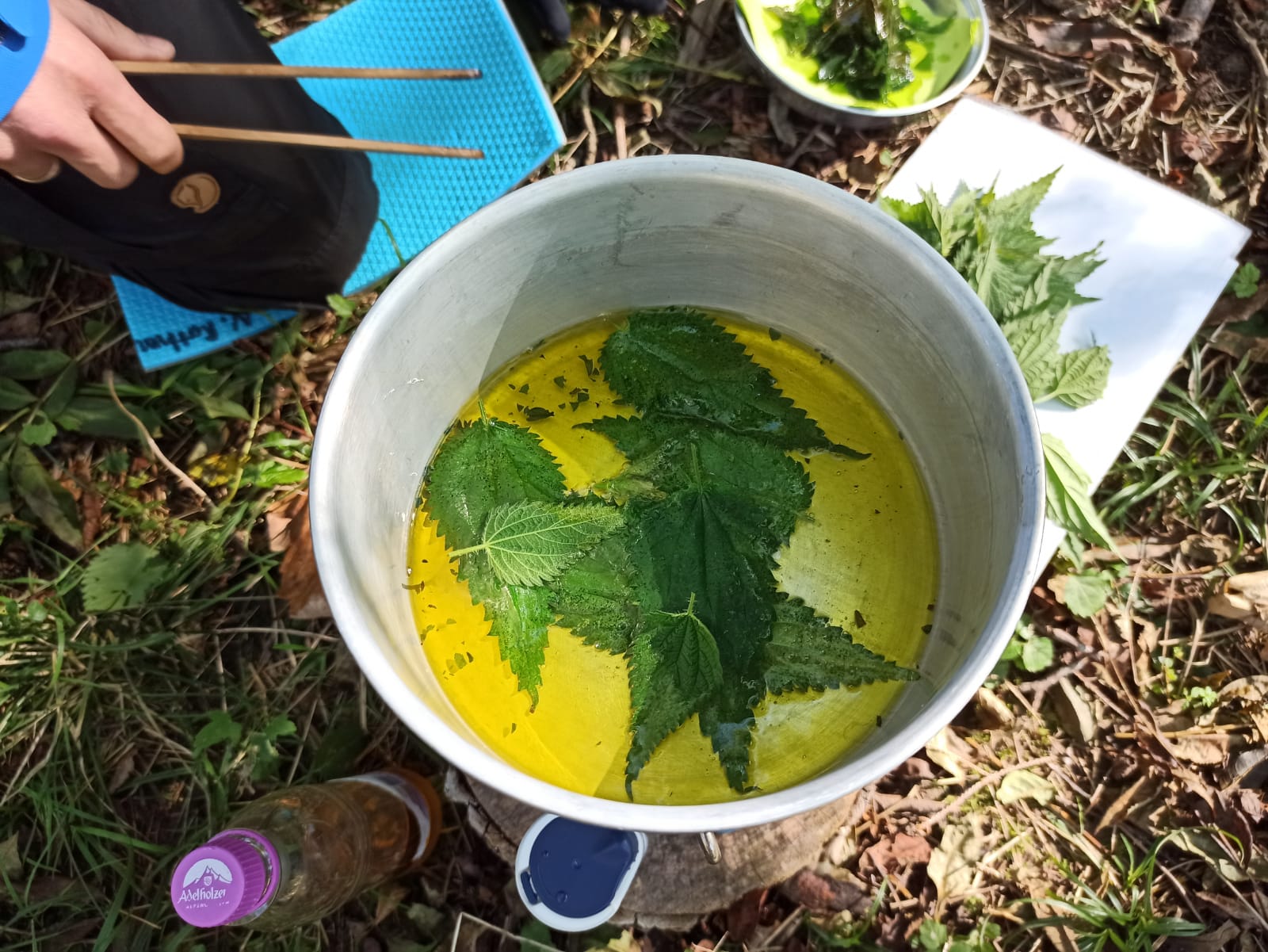
Brennnesselchips
© Christoph Rothmayr
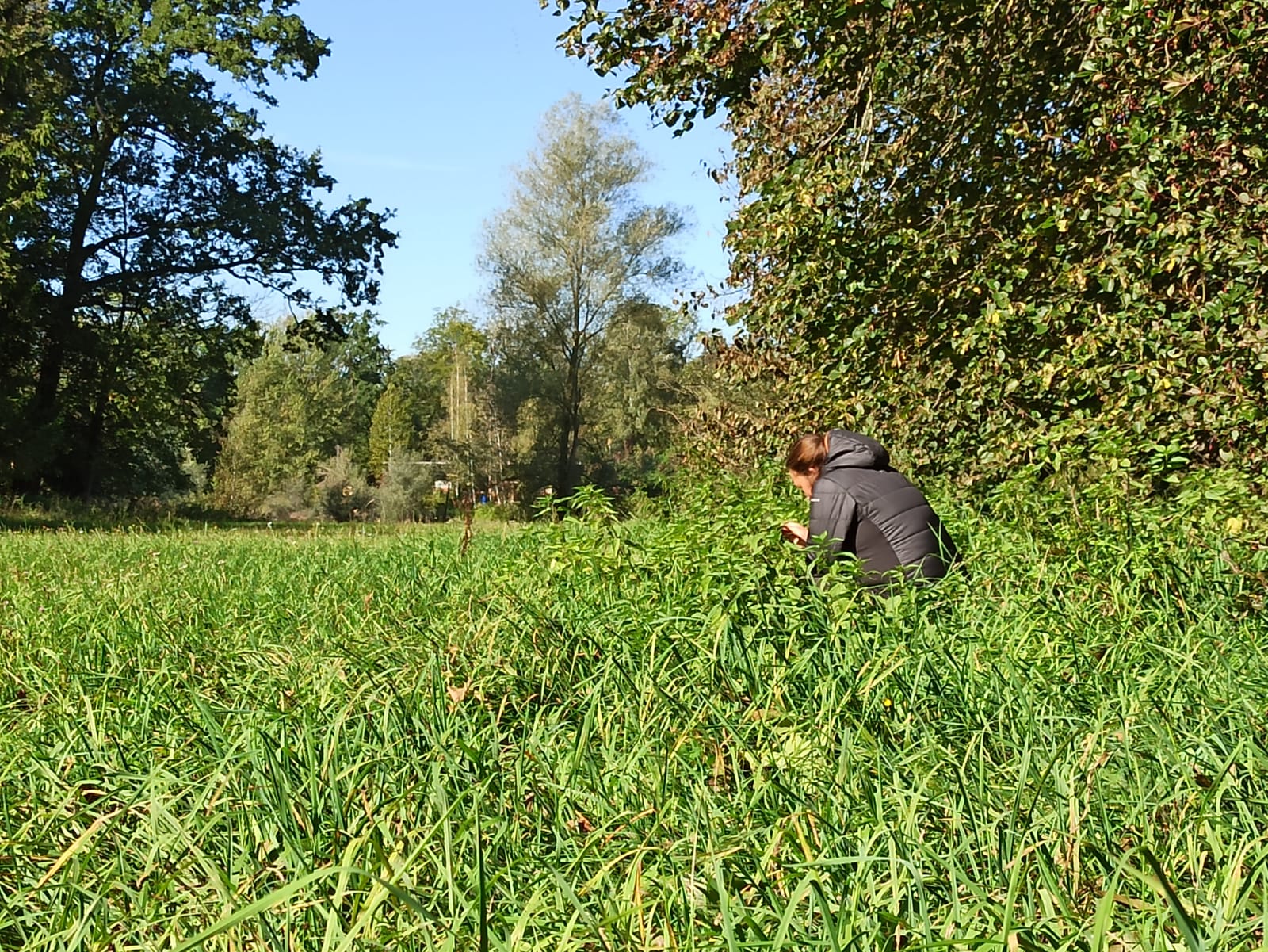
Pflanzenbegegnung
© Annemarie Rohrmaier
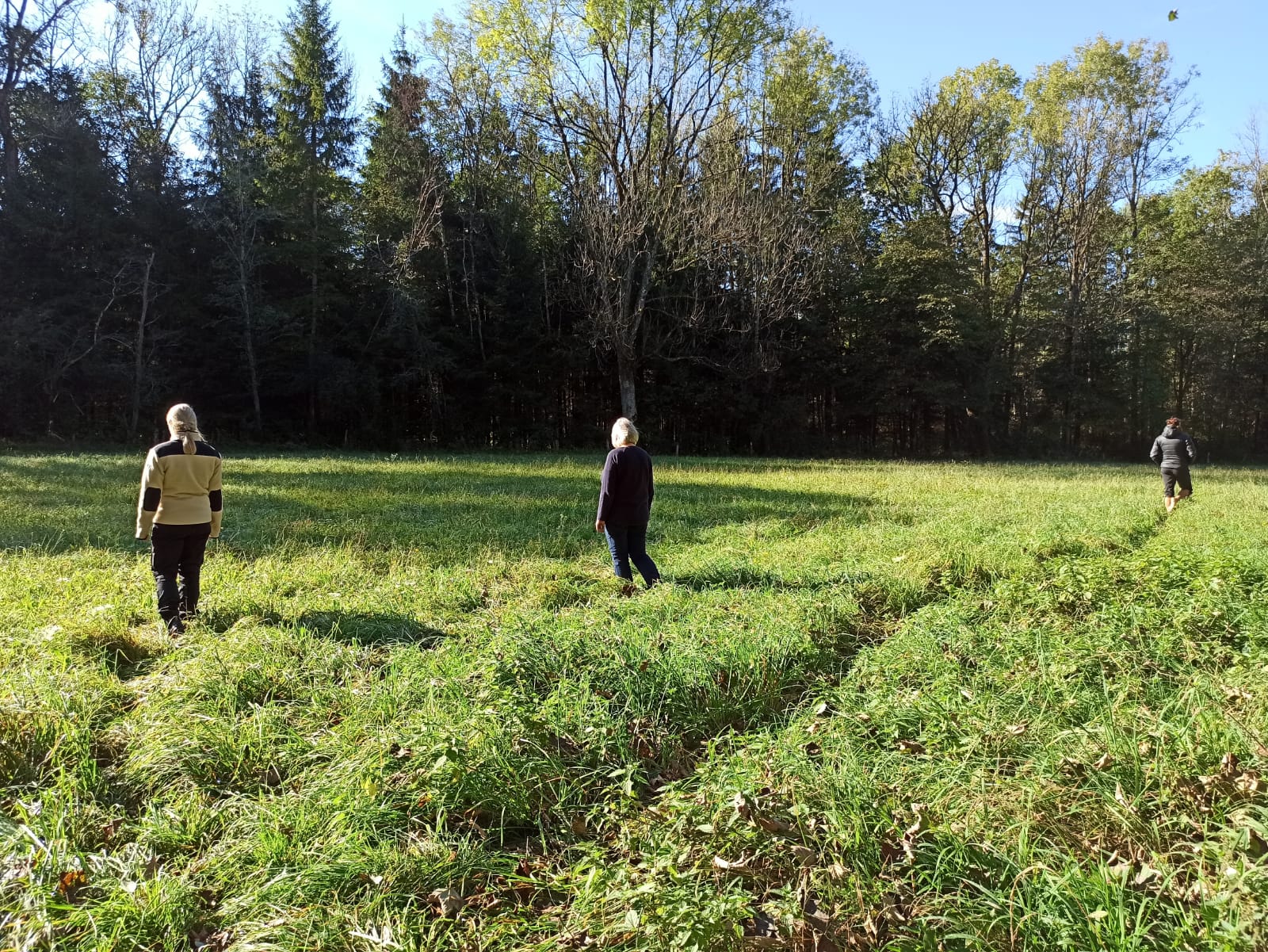
Gehmeditation
© Annemarie Rohrmaier
Background of the project
Before we started our project, there was no concept or research on mindfulness exercises and mental health for the biosphere region Berchtesgadener Land.
For years, there has been an increasing number of people in Germany who suffer from depression or anxiety disorders. In the health report of the district Berchtesgadener Land statistics were published. The number of people suffering from burnout or other stress-related illnesses and/or indicating that they wished to do something preventively to become more resilient to meet the challenges of our fast-paced society has also increased.
Solution and actions taken
Our research has shown that the effect of certain mindfulness exercises for indoor use in their effectiveness against depression and stress disorders is well proven. These include, for example, exercises from Mindfulness-based stress reduction (MBSR), certain yoga and Qigong exercises, or other types of meditation. We have transferred these exercises to the natural environment and supplemented them with special exercises that promote sensitivity to nature. This is how “Nature-based Mindfulness Training” was born.
We carried out pre-tests with some groups and optimised the training concept. Then we were able to obtain the scientific support of the University of Eichstätt-Ingolstadt.
It was important to us that the effectiveness of the training would be evaluated by an independent institution. For the evaluation, questionnaires were prepared according to scientific criteria and expert interviews were conducted.
Other institutions or parties involved
For the clinical part, we worked together with the Alpenland Clinic in Bad Reichenhall. The clinic has made its patients available for the experimental groups.
In the preventive area, we cooperated with the Volkshochschule Freilassing, which helped promote our courses for the general population.
Furthermore, we have cooperated with the Rhön Biosphere Reserve in Bavaria.
Results
At the end of March 2023, the University of Eichstätt-Ingolstadt will present the final report on the scientific study. Together with the Rhön Biosphere Reserve, we plan to produce a brochure for the general population by September 2023, which contains the exercises and concepts so that people can carry out parts of the training themselves and thus benefit from the results. Whether there will subsequently be a stabilization of the results depends on financing options.
Challenges
Due to the corona pandemic, there were delays in the project.
We have also noticed that the psychological distress of many people has increased enormously as a result of the pandemic.
Lessons learned
Mindfulness exercises are relatively easy to pick up. They can be done free of charge in nature and can be learned by almost everyone.
The high potential that nature gives inspires us again and again during the courses.
Contact name
Meike Krebs-Fehrmann
Institution name
UNESCO Biosphere Region Berchtesgadener Land
Website(s)
